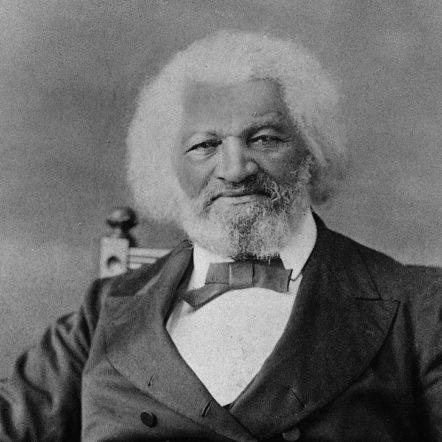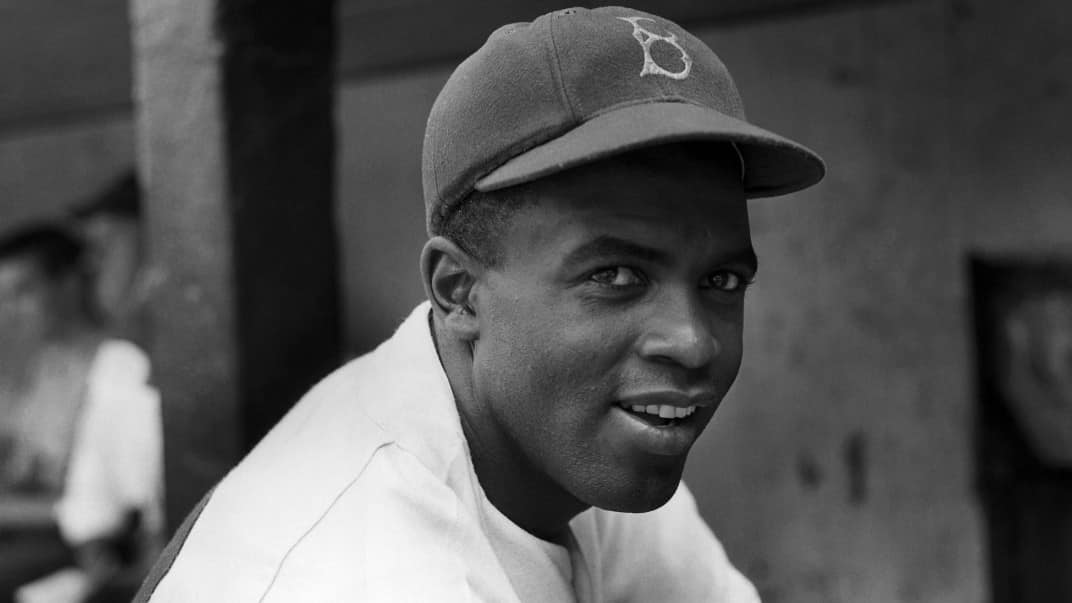White people’s awareness of the evil of slavery has for decades taken the form of developing programs for helping blacks. Ironically, this approach was rejected more than a century ago by no less an authority than Frederick Douglass (1818-1895), who escaped from slavery, taught himself to read, and became an outstanding thinker, author, and statesman. In “What the Black Man Wants,” he wrote the following:
“Everybody has asked the question. . .’What shall we do with the Negro?’ I have had but one answer from the beginning. Do nothing with us! Your doing with us has already played the mischief with us. Do nothing with us! If the apples will not remain on the tree of their own strength, if they are wormeaten at the core, if they are early ripe and disposed to fall, let them fall! I am not for tying or fastening them on the tree in any way, except by nature’s plan, and if they will not stay there, let them fall. And if the Negro cannot stand on his own legs, let him fall also. All I ask is, give him a chance to stand on his own legs! Let him alone!” [Emphasis added.]
Sadly, Douglass’ sage advice has generally been ignored, mainly because of the abiding assumption among generations of white liberals that blacks lack the intelligence to learn and succeed without government direction and assistance. As a result, the “remedies” proposed for improving the social, educational, and economic conditions of black Americans have tended to be paternalistic, demeaning, harmful to the recipients’ self-image, and (not surprisingly) counterproductive.
The notion of blacks’ intellectual inferiority, common in the time of slavery, was not diminished in subsequent generations; in fact, it was intensified. The most influential factor was the writings of “hereditarians” such as H. Goddard, L. Terman, E. Thorndike, and R.Yerkes, who administered IQ tests to 1.75 million army recruits during World War I and concluded that entire groups of people had below average IQs, including Russians, Italians, and Poles—and that the lowest were blacks. Decades later, the tests were discredited when it was discovered that the tests were in English and made no allowance for those who spoke a different language or, worse, for those who had never been taught to read! (See Ruggiero, Corrupted Culture, Chapter 1.)
Unfortunately, well before the IQ test’s flaws were discovered, the stereotypes took root in the culture and have since done considerable mischief. Educators have believed (falsely) that thinking ability is genetic and cannot be improved in anyone, and that students should therefore be given facts to remember rather than training in reasoning. Worse, they believed (again, falsely) that the education of low IQ students, notably blacks, should be even more diluted.
Educators’ beliefs about human intelligence have largely remained the same, even though the errors of the IQ testers were exposed and their conclusions refuted. Moreover, those same beliefs have continued to influence liberal politicians to “help” black citizens. It would be politically incorrect (and professionally suicidal) for the politicians to say that some people are irredeemably unintelligent and therefore incapable of making their own decisions and taking care of themselves. Politicians may not even think it! Yet that is a fundamental idea underlying the programs they continue to expand and fund, including affirmative action, urban housing relief, minimum wage, and other “entitlement” programs.
To add insult to considerable injury, when their programs failed to achieve their goals (as they have generally done) the politicians don’t consider that the programs are flawed; they instead assume that blacks are even less intelligent than they thought, and therefore pour more money into the programs, all the while complimenting themselves on their sensitivity and kindness.
Such low regard for black Americans’ intelligence doesn’t harm only poor and uneducated blacks. Even highly successful black men and women are assumed to owe their achievements in education and their professions, not to their intelligence and hard work, but to government handouts. It is clear that this unwarranted assumption is at work in many (if not most) of the negative behaviors classified as racism. For example, when a policeman sees a black man driving an expensive vehicle, he may automatically wonder if it is stolen. And if a white traveler sees a black man standing in front of a luxury hotel, he may expect the man to carry his luggage inside.
Even black police officers and black travelers may have these reactions to other blacks.That is not surprising. After all, they have been exposed to the same stereotypes as whites in growing up. Similarly, poor and uneducated blacks have been told all their lives that they need and deserve “benefits” from the government—in fact, that their very survival depends on continuing to vote for liberal politicians who promise them.
Racial discrimination is not likely to end until white and black Americans (and all others) realize the unfairness, and yes the stupidity, of negatively stereotyping an entire race or ethnic group. But that realization will be hard to achieve as long as the liberal mainstream media continue the false narrative that racism is “systemic” and those who disagree are evil.
The best way to combat that narrative, I believe, is to become acquainted with scholars and commentators—especially black ones—who share the insight expressed by Frederick Douglass more than a century ago. Here is a short list of such individuals whose work can easily be found online. I recommend beginning with the ones whose names are in boldface.
Jason Whitlock, Jason L. Riley, Thomas Sowell, Leo Terrell, Robert Woodson, Candace Owens, Larry Elder, Shelby Steele, Alan Keyes, Ben Carson, T. D. Jakes, Clarence Thomas, Armstrong Williams, Niger Innis, Alveda King, Ken Hamblin, Deroy Murdock, Angela McGlowan, Ken Blackwell, Carol Swain, Alphonso Jackson, Rod Paige, Charles Payne, Jesse Lee Peterson, Deneen Borelli, Tim Scott.
Copyright © 2021 by Vincent Ryan Ruggiero. All rights reserved








